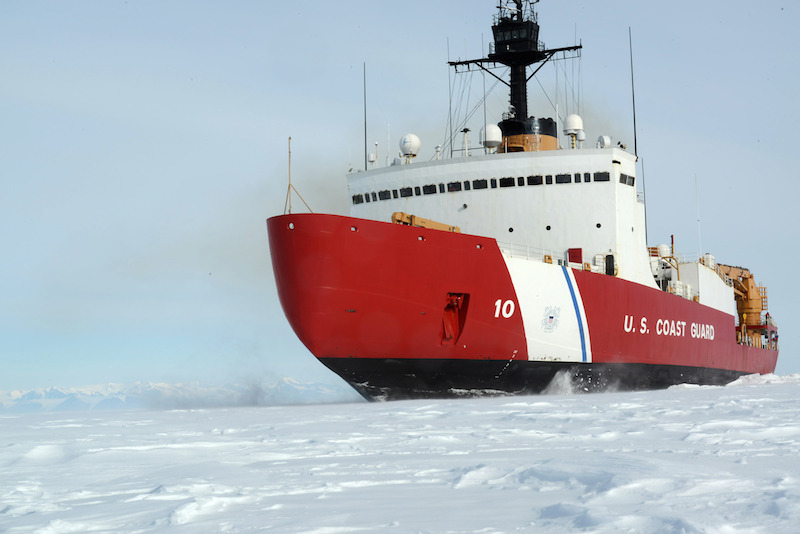Last week, the House passed the Consolidated Appropriations Act, which includes critical funding for construction of the first Coast Guard polar security cutter (PSC).
The act includes $655 million for construction of the first PSC. In addition, the bill provides $20 million for long lead-time materials for the second PSC. This funding should allow the PSC program to remain on schedule to replace the nation’s only current heavy icebreaker, the Coast Guard cutter Polar Star.
The chairman of the House Committee on Transportation and Infrastructure Peter DeFazio, D-Ore., and chairman of the House Subcommittee on Coast Guard and Maritime Transportation Sean Patrick Maloney, D-N.Y., celebrated House passage of the act.
“This funding for the polar security cutter will help to address the need for future polar operations and improve polar icebreaking capabilities. Polar icebreakers enable the U.S. to maintain defense readiness, support the enforcement of treaties and other laws needed to safeguard both industry and the environment, and protect U.S. sovereign interests in the High North. Icebreakers also provide logistical support to facilitate the movement of goods and personnel necessary to support scientific research, commerce, national security activities and maritime safety,” said DeFazio. “I applaud my colleagues for supporting this important legislation which will help to ensure the men and women of the U.S. Coast Guard can effectively carry out their mission."
“This is about national security – we need to protect our territorial sovereignty against Russians and Chinese encroachment and safeguard our access to commerce,” said Rep. Maloney. “We haven’t commissioned a new polar security cutter in over 40 years, but that’s going to change thanks to the funding bill – it’s long overdue.”





